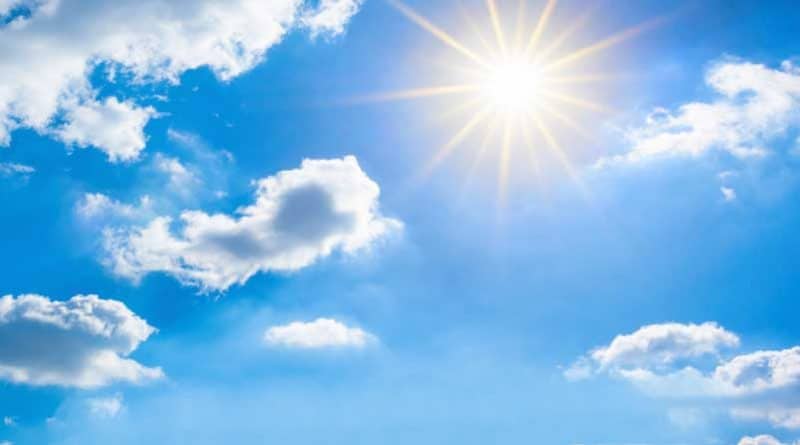90% of skin cancer cases in construction preventable
Those spending prolonged periods of time outdoors are at risk of developing skin cancer, with almost 90% of skin cancer cases in the construction industry preventable. For this reason, the Construction Industry Federation (CIF) and the Irish Cancer Society have joined forces to raise awareness of the inherent health risks associated with exposure of unprotected skin to the sun.
There is one death a week related to sun exposure at work in Ireland, with 23% of skin cancer deaths occurring with people in the construction, outdoor and farming industries.
Skin cancer is now the most common type of cancer in Ireland, with the number of Irish people diagnosed set to double to 24,000 by the year 2040.
Dermot Carey, Director, Safety & Training CIF said: “For too long, people compared tan lines and joked of skin burn. Our awareness of the risks associated with exposure to the sun’s rays has progressed incomparably in recent years and I am delighted to observe the actions of CIF members in providing advice, sun cream and sun stations for workers. However, we all need to take personal responsibility for our actions, to ensure our own health and wellbeing; this includes taking measures to minimise exposure of unprotected skin to the sun”.
It is important to understand that ultraviolet (UV) rays are transmitted from the sun most summer days, even when cloudy. Over-exposure to UV rays, which leads to tanning, redness or burning of the skin, causes damage to skin cells; while much of this damage is repaired given time, some remains and can lead to skin cancer later in life. In Ireland, three out of every four persons have skin type 1 or 2, which means that their skin burns and does not tan or otherwise burns before tanning. Such skin types are at greater risk of developing skin cancer.
Kevin O’Hagan, Cancer Prevention Manager with the Irish Cancer Society said: “Skin cancer is the most common form of cancer in Ireland with almost 12,000 Irish people diagnosed every year. Construction workers exposed to the invisible hazard of the sun’s ultraviolet rays puts them at a very high risk of skin cancer. We are very pleased to work with CIF and employers to help raise awareness of the dangers posed by over exposure to sun and ensure sun protection policies and measures are in place on all construction sites. We want to urge outdoor workers to get into the habit this summer of being SunSmart; to use protective clothing, hats, glasses, sun creams, shade breaks and plan their work to minimise over exposure to the hottest part of the day. By taking these small steps we can reduce the number of workers dying from a very preventable cancer.”
What should be done? Everyone should be aware of the SunSmart code, which is accessible at: www.cancer.ie/Sunsmart
The SunSmart Code
SEEK SHADE: when UV rays are at their strongest – generally between 11am and 3pm.
COVER UP: by wearing a shirt with a collar and long shorts. Also wear a hat that gives shade to your face, neck and ears.
WEAR WRAPAROUND SUNGLASSES: make sure they give UV protection.
SLOP ON SUNSCREEN: Use sunscreen SPF minimum 30 or higher and UVA protection 20 minutes before going outside and re-apply every two hours – more often if swimming or perspiring.
CHECK the UV index: www.cancer.ie/uvindex
Keep babies under six months out of the sun.
Ciara Naughton, Health & Safety Manager at PJ Hegarty said: “Many construction workers spend a significant proportion of their working day outdoors and thus need to take precautions against the risk of skin damage from exposure to the sun. Here at PJ Hegarty we seek to ensure workers are SunSmart and avail of the sun cream provided by the company when the UV index level reaches 3. Workers are advised to take precautions to protect themselves from UV light that radiates from the sun, even on cloudy days.”
Early detection is vital, with up to 90% of skin cancer cases being curable if detected in time. Everyone should check their skin regularly for; a new or changing mole, a new growth or sore that does not heal, and constant skin ulcers that are not explained by other causes.
If you are worried about skin cancer, please contact the Cancer Nurseline on Freephone 1800 200 700 or email: cancernurseline@irishcancer.ie

